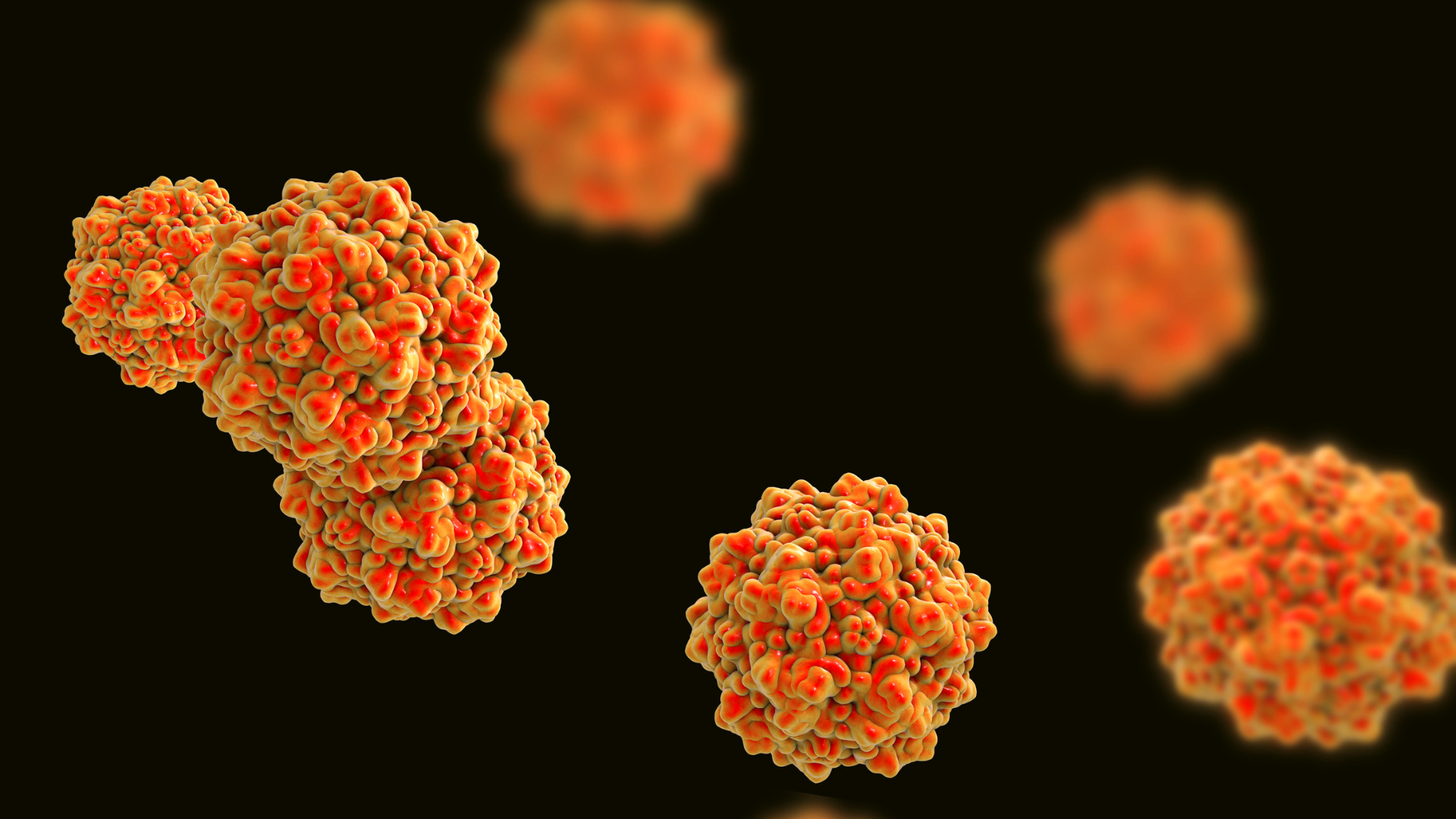This October's Swedish award-winning research reinforces the cosmetics industry's commitment to cutting-edge research. For years, the sector has been ‘ahead of the curve’ in these nominations with formulations and research in such advanced fields as epigenetics and microRNA (miRNA), one of the main regulators of gene expression in the human genome.
For more than a decade, the crucial role of this small molecule has been investigated in the cosmetics sector in processes such as cellular ageing, inflammation and skin repair.
This year, the discoverers of miRNA, Victor Ambros (University of Massachusetts Medical School) and Gary Ruvkun (Harvard Medical School), were awarded the Nobel Prize in Medicine on 7 October.
Subsequent days have seen the announcements of the Nobel Prize in Physics for John Hopfield and Geoffrey Hinton for laying the foundations of artificial intelligence, and the Nobel Prize in Chemistry awarded to David Baker, Demis Hassabis and John Jumper for predicting protein tertiary structure with AI and computation, one of the great unsolved scientific enigmas so far.
Artificial intelligence (AI) is revolutionising the cosmetics industry, enabling significant advances in product customisation, ingredient analysis and predicting the efficacy of formulations. AI tools can analyse large volumes of data from clinical studies, ageing patterns and consumer preferences to develop more effective and personalised products. In addition, advanced algorithms are being used to design new molecules with desired cosmetic properties, optimising the product creation process. The ability of AI to model and predict how ingredients interact with skin and hair is transforming the way companies develop and market their products.
In parallel, the proteome, the complete set of proteins expressed in an organism, plays a crucial role in modern cosmetics. Proteome research enables cosmetic companies to better understand the mechanisms underlying skin health and ageing. Recent advances in protein structure prediction, such as Google DeepMind's AlphaFold, open the door to new formulations and more targeted developments based on how proteins behave and affect cellular function. Understanding the proteins involved in processes such as inflammation, cell renewal and protection against external environmental factors is key to developing more effective and safer products.
In February 2024, at the 8th Beauty Innovation Days, the Beauty Cluster announced how artificial intelligence, RNA, the proteome and advances in biology such as Google DeepMind's AlphaFold would be drivers for future developments in the sector. And we were not wrong, the technology watch developed by the Cluster's innovation department plays a key role, to which more than 240 companies now have access.
This technology watch covers a wide range of areas, from scientific publications and patents to R&D funding, market trends and new international launches and innovations. All this information is organised in the Beauty Innovation Flash, an exclusive report available on the intranet for Beauty Cluster members.
